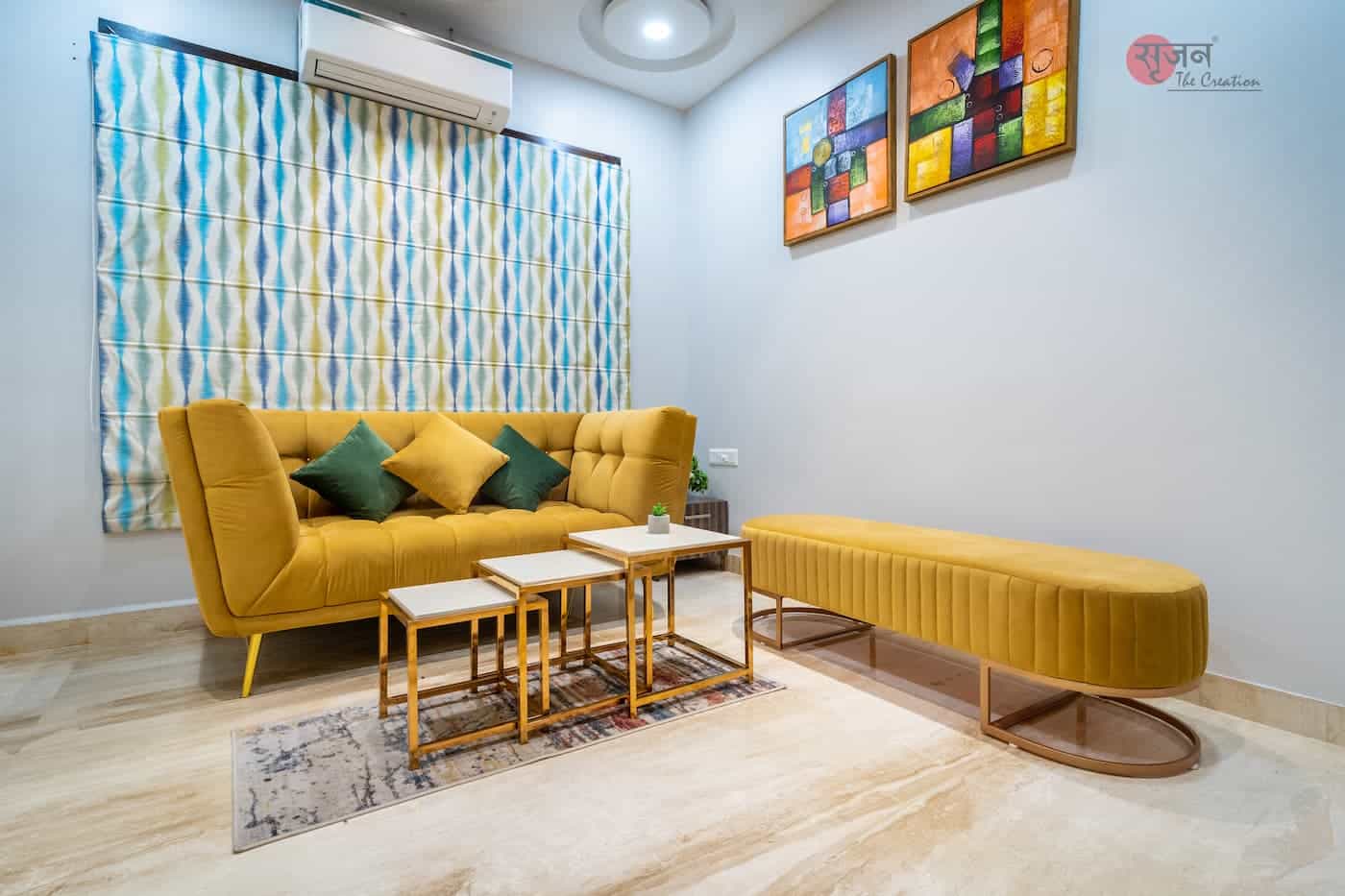The Ultimate Guide to Sustainable Modern Furniture Design
🌿 Are you tired of furniture that looks great but comes at a cost to our planet? Imagine transforming your living space with pieces that are not only stunning but also kind to the environment. Welcome to the world of sustainable modern furniture design – where style meets responsibility.
In today’s eco-conscious era, more homeowners are seeking ways to reduce their carbon footprint without sacrificing aesthetics. But navigating the realm of sustainable furniture can be overwhelming. What materials are truly eco-friendly? How can you spot greenwashing? These questions and more have left many feeling lost in a sea of green claims and confusing certifications.
Fear not! This ultimate guide is here to demystify sustainable modern furniture design. We’ll explore everything from innovative materials and cutting-edge design principles to top brands and care tips. By the end, you’ll be equipped to make informed choices that align with both your style preferences and environmental values. So, let’s embark on this journey to create a home that’s not just beautiful, but also contributes to a healthier planet. 🌎✨
Understanding Sustainable Furniture Design
A. Defining sustainability in furniture
Sustainability in furniture design encompasses the creation of products that minimize environmental impact throughout their lifecycle. This approach considers materials, manufacturing processes, durability, and end-of-life disposal. Sustainable furniture is:
- Eco-friendly: Made from renewable or recycled materials
- Durable: Built to last, reducing the need for frequent replacements
- Non-toxic: Free from harmful chemicals and finishes
Recyclable or biodegradable: Easy to dispose of without harming the environment
B. Environmental impact of traditional furniture manufacturing
Traditional furniture production often involves practices that are harmful to the environment:
Process
Environmental Impact
Deforestation
Habitat loss, carbon emissions
Chemical treatments
Water and soil pollution
Energy-intensive manufacturing
High carbon footprint
Short lifespan
Increased waste in landfills
C. Benefits of sustainable modern furniture
Choosing sustainable furniture offers numerous advantages:
Reduced carbon footprint
Improved indoor air quality
Support for ethical labor practices
Long-term cost savings due to durability
Aesthetic appeal combined with eco-consciousness
By opting for sustainable furniture, consumers contribute to environmental conservation while enjoying high-quality, stylish pieces that stand the test of time. This approach aligns with the growing global awareness of our ecological responsibilities and the need for more sustainable living practices.


